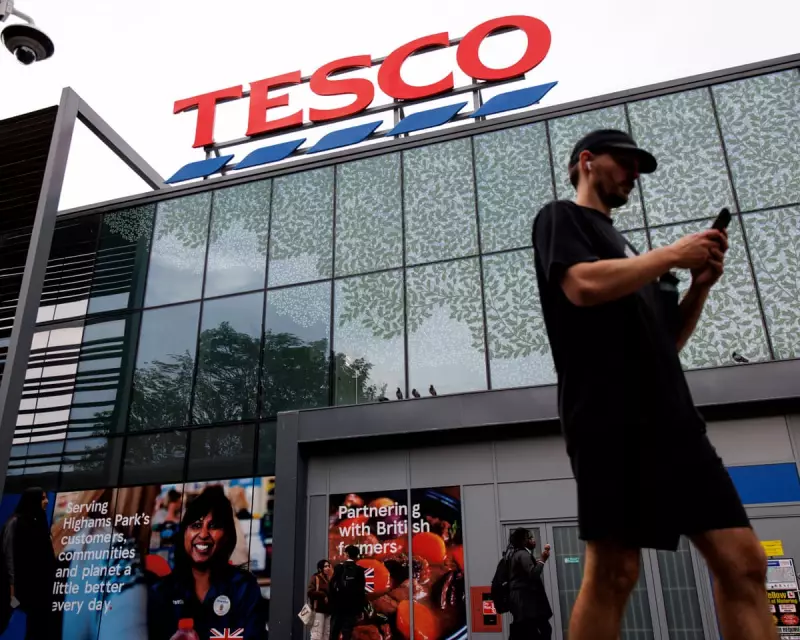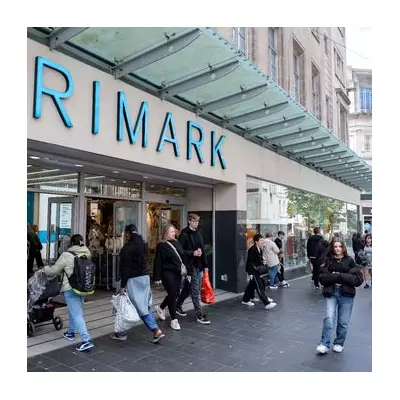
British shoppers are increasingly turning to value offerings and own-brand products as grocery inflation continues to squeeze household budgets, with Tesco reporting particularly strong sales growth in the latest quarter.
Supermarket Giants Show Diverging Trends
New industry data reveals that Tesco, the UK's largest supermarket chain, has seen sales jump by 5.2% in the three months to early October. This growth significantly outpaces the overall market, indicating the retailer is successfully capturing shoppers seeking better value.
Meanwhile, rival Asda reported a more modest 2.4% sales increase during the same period, though the company noted that its own inflation rate has fallen below the market average for the first time in years.
The Inflation Picture: Some Relief But Prices Remain High
According to the latest figures from research firm Kantar, grocery price inflation across all supermarkets now stands at 2.1% - the lowest level since October 2021. However, this still represents the 30th consecutive month of rising food prices, meaning consumers have faced nearly two and a half years of consistent increases.
"While the direction of travel is positive, food prices remain substantially higher than they were just a few years ago," notes retail analyst Sarah Jenkins. "Many families are still feeling the pinch and making significant adjustments to their shopping habits."
Changing Consumer Behaviour
The persistent pressure on household finances has led to noticeable shifts in how Britons shop for groceries:
- Increased demand for supermarkets' value ranges and own-label products
- More frequent shopping trips with smaller baskets
- Growing use of loyalty schemes and targeted promotions
- Continued focus on essential items over discretionary spending
Tesco's performance suggests their strategy of competitive pricing and strong value ranges is resonating with cost-conscious consumers. The retailer has been particularly successful with its Aldi Price Match initiative and Clubcard promotions.
Market Share Battle Intensifies
The latest figures show Tesco maintaining its market leadership with a 27.8% share, while Asda holds 13.2% of the market. The discounters continue to pose a strong challenge, with Aldi reaching a record 10.7% market share and Lidl at 8.1%.
"The competition among supermarkets has never been fiercer," observes retail expert Michael Thompson. "With inflation gradually easing, we're seeing retailers fight even harder for every customer, which should ultimately benefit shoppers."
As the crucial Christmas trading period approaches, all eyes will be on how supermarkets balance competitive pricing with profitability while households continue to navigate the cost-of-living challenges.





